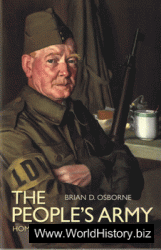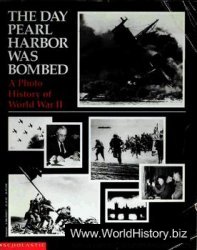Taking advantage of the Mongols' weakening of Russia, the Swedes had invaded Russian lands in 1236 on the pretext that they were there to convert people from Eastern Orthodoxy to Catholicism. It was then that Alexander, son of Yaroslav, made his first mark on history. Born in Vladimir, he had been raised among the tumultuous events of the Mongol invasion, and was prepared for war. Thus at the age of sixteen, he led a force that met the Swedes in battle on the River Neva (NAY-vah) on July 15, 1236. It was a small victory, but it made Alexander's name: from then on he would be known as Alexander of the Neva, or Alexander Nevsky.
Heroes of Catholic Europe

Americans sometimes mistakenly lump all of Eastern Europe together, primarily because after World War II (1939-45), most of its nations fell under communist dictatorships allied with the Soviet Union. In fact, there is a sharp distinction between Eastern European nations that accepted Greek Orthodoxy during the Middle Ages, and those that became Roman Catholic. Orthodox lands, such as Russia, Bulgaria, and Serbia, adopted the alphabet of St. Cyril (see dual entry with St. Methodius), and tended to have more rigid governments. Catholic lands, among them Hungary, Poland, and the modern Czech Republic, were more closely tied with Western traditions.
One of the first important leaders of Catholic Eastern Europe was St. Wences-las (WIN-suh-slaws; c. 907-929), prince of
Bohemia—roughly equivalent to the Czech Republic. His grandmother raised him as a Christian, but his mother maintained old pagan traditions, and later had the grandmother killed. Wenceslas remained faithful to Catholicism, however, and encouraged the sending of missionaries to convert the Germans, many of whom still maintained pagan religions. Known for his kindness and his devotion to God, Wenceslas (the subject of the Christmas song "Good King Wenceslas") was killed by his brother Boreslav, who wanted to take the throne. Soon after his death, he was declared a martyr, or someone who has died for the faith, and was made a saint. It is interesting to note that the name Wenceslas in the Czech language is Vaclav (VAHK-luv), and that after the Czech Republic threw off communism in the 1990s, its first president was the poet Vaclav Havel (HAHV-ul).
Having proven himself, the teenaged Alexander was given control over Novgorod, which was soon threatened by German invaders. These were the Teutonic (too-TAHN-ik) or German Knights, a group that had been formed as a semireligious order, but whose real business was war and conquest. In the winter of 1242, Alexander and his brother Andrew raised a force from Novgorod to meet the invaders.




 World History
World History









